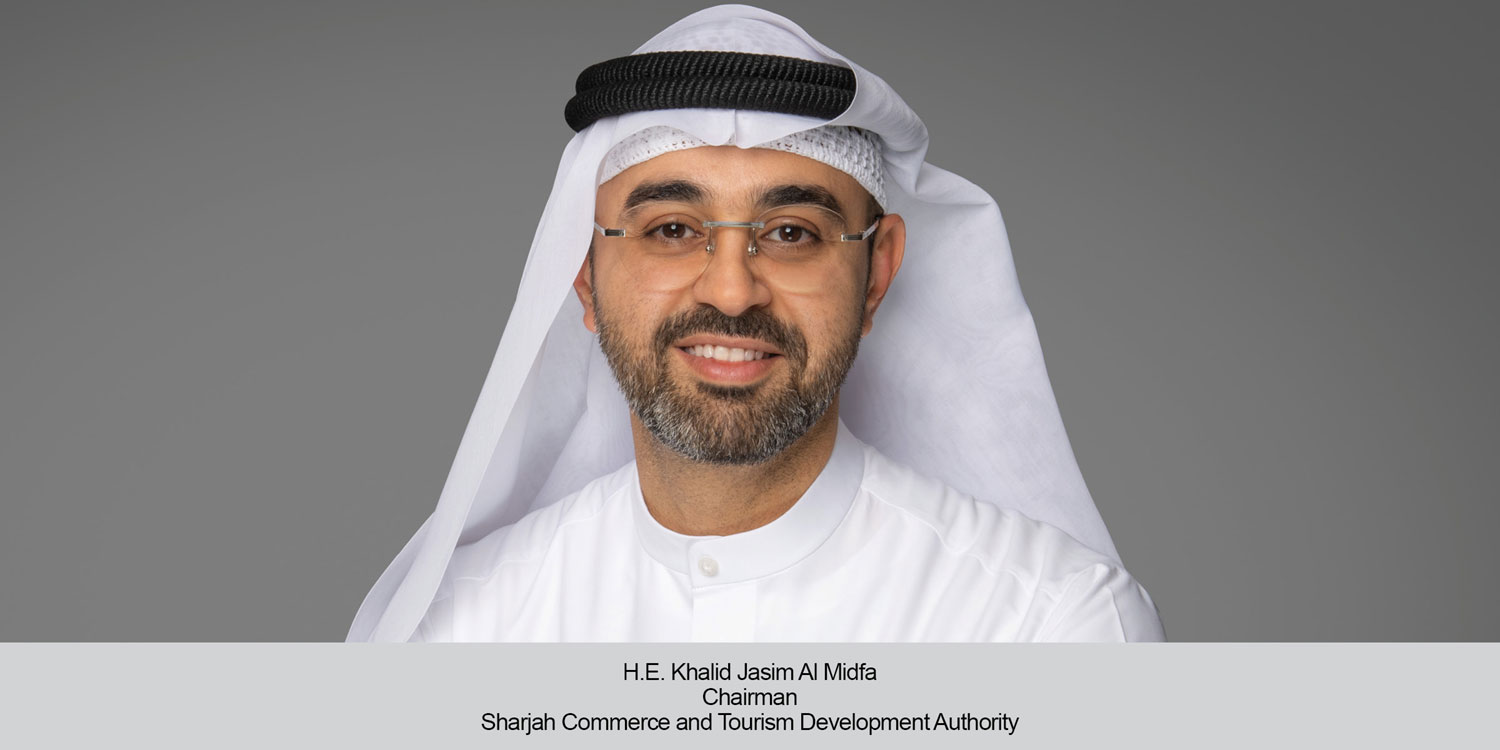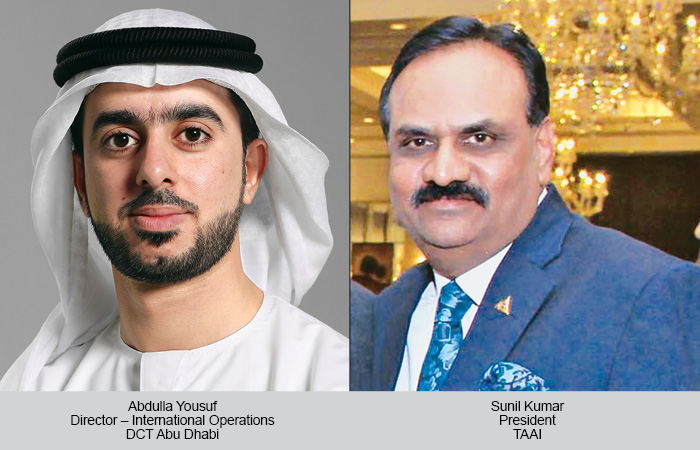CatererGlobal.com’s Annual Industry Event highlights the impact of COVID-19 on the hospitality recruitment community, including its effect on mental health and wellbeing. This study reveals that 67 per cent of the hospitality workforce will plan a career move within the next 12 months.
New, independent research conducted by CatererGlobal.com – the leading global hospitality job board – has revealed its 2020 insights into the hospitality sector. Surveying 1,500 respondents globally, hospitality industry workers in the Middle East made up 46 per cent of respondents. Launched during CatererGlobal’s Annual Insight Event held this year in webinar format, the findings focus on key themes currently affecting the hospitality industry, including training and development, wellbeing and leadership, and the impact of COVID-19.
The report uncovered significant findings regarding the industry’s mental health and wellbeing, with over half (54 per cent) of respondents admitting to feeling as though the COVID-19 pandemic had affected their mental health and wellbeing – citing ‘feelings of isolation’, ‘concern for own and others’ health’ and ‘concern for financial / job security’ as factors which caused the most worry.
Notably, though the pandemic caused significant concerns for employee’s mental health, less than a third (32 per cent) of respondents cited their employers as offering any formal or structured support to address such issues. Of the employers who do offer support to address mental health & wellbeing, 62 per cent of their workforce have utilised the service, demonstrating the necessity of these initiatives. On a reassuring note, 72 per cent reported feeling physically safe in their roles.
“At CatererGlobal, we regularly consult with clients on the importance of mental health and wellbeing for employees. Within the hospitality sector, we are aware this has not always taken the limelight in industry discussions but, in the aftermath of the pandemic, it is arguably more important than ever before. These findings highlight a real need for employers to provide more structured and visibly available support surrounding mental health and wellbeing, above and beyond physical safety, presenting a significant opportunity to better look after teams across the business,” commented Jeremy Vercoe, Global Manager, CatererGlobal.com. 2019 results for the CatererGlobal survey revealed a highly mobilised UAE workforce, with results this year similarly noting the high propensity for change, with 67 per cent of respondents stating that they’re looking to make a career move within the next 12 months – with 54 per cent of those looking to develop their career by changing their employer.
“These figures continue to cause concern and should, rightly, cause employers to sit up and consider how they might change the course for any staff considering leaving. At CatererGlobal, we spend a lot of time working with clients to minimise churn as businesses who retain staff witness an array of benefits, from higher staff morale, to lower employment costs, particularly where overheads such as visas and medical are involved. Since we saw high rates of planned mobility last year, we’ve been giving this an extra focus with clients, however, this year’s results indicate that, across the industry, there is still a lot more to be done,”
Vercoe continued.
In relation to their employers’ handling of the COVID-19 pandemic, 59 per cent cited feeling positive towards their employer, while one in five (19 per cent) reported not feeling positive. Over half (56 per cent) felt their employer communicated regularly throughout the pandemic while one in three (31 per cent) felt they were left in the dark. Similarly, 55 per cent felt their employer set clear expectations of the job during the crisis, while 32 per cent did not. Training and development were addressed, both in the findings and webinar discussion. In relation to the pandemic, 43 per cent said their employers had provided training in order to ‘upskill’ their staff outside of their current department, yet only half (49 per cent) of respondents claimed their businesses delivered staff programmes in response to the pandemic. “While this is a promising start, there is still a significant opportunity to provide greater training and development across multiple key business themes, to allow teams to thrive both professionally and with their state-of-mind,” added Vercoe. More broadly relating to the effects of the global pandemic, one-third of respondents (33 per cent) indicated they were placed on unpaid leave, 15 per cent were asked to work from home and 17 per cent were made redundant. Just 22 per cent continued to work as usual without any change.
 TravTalk Middle East Online Magazine
TravTalk Middle East Online Magazine





